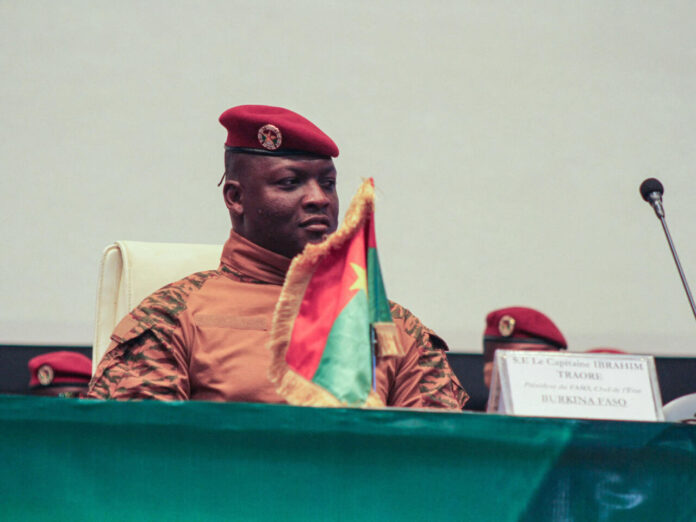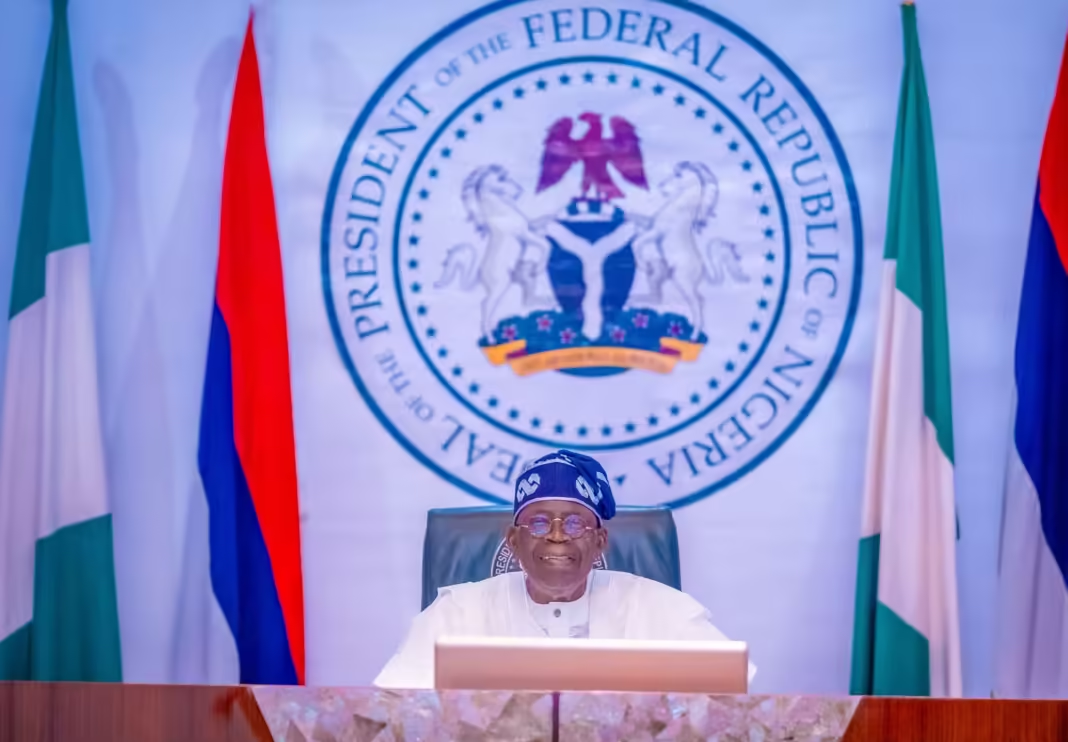OUAGADOUGOU, Burkina Faso (CHATNEWSTV) — Burkina Faso, Mali, and Niger have introduced visa-free travel and residency rights for citizens of the Economic Community of West African States (ECOWAS), despite their impending withdrawal from the bloc.
Assimi Goïta, Mali’s military ruler and chairman of the newly formed Alliance of Sahel States (AES), confirmed the policy, calling it a step to “strengthen centuries-old ties between the people of Africa.”
“This decision reaffirms our commitment to African unity, even as we chart a new course for our nations,” Goïta said in a statement.
The policy, aimed at fostering regional ties, reflects the Sahel nations’ intent to maintain cooperation with their neighbors, even as they distance themselves from ECOWAS. The three countries, which are grappling with insurgencies and economic challenges, plan to leave the bloc in January 2025 following military coups that strained their relations with ECOWAS leadership.
Pivot Toward Independence
The decision to withdraw was described as “irreversible” during a ministerial meeting in Niamey. The juntas in these countries have accused ECOWAS of imposing “inhumane and irresponsible” sanctions while failing to address regional security crises.
“Our people deserve better than punitive measures. We will no longer align ourselves with institutions that ignore our realities,” said Ibrahim Traoré, Burkina Faso’s interim leader.
Impact of Withdrawal
The departure of Mali, Burkina Faso, and Niger—a collective 76 million people and over half of ECOWAS’s land area—poses significant challenges to the bloc. It weakens regional economic integration and complicates security coordination in the insurgency-prone Sahel region.
ECOWAS Commission President Omar Touray expressed disappointment but highlighted ongoing mediation efforts. “This is a disheartening moment for regional unity, but we remain open to dialogue during the transitional period,” he said.
ECOWAS leaders have agreed on a transitional window until July 2025 for potential re-admission. In the meantime, the bloc has yet to decide whether to impose restrictions on the movement of goods and people from the departing states.
Toward a New Alliance
The three nations have formed the AES, signaling a pivot away from ECOWAS’s Western-aligned policies. They are increasingly engaging with Russia for military support against insurgencies.
Despite this shift, Goïta emphasized that ECOWAS citizens would retain the right to “enter, circulate, reside, and establish” themselves within the AES territory, signaling a desire for amicable relations.
Observers warn the split could deepen geopolitical divisions in West Africa, as ECOWAS faces the dual challenge of maintaining unity and addressing growing security threats.
“This is not just about the Sahel—it’s about the future of integration and stability in West Africa,” said political analyst Awa Dabo.




